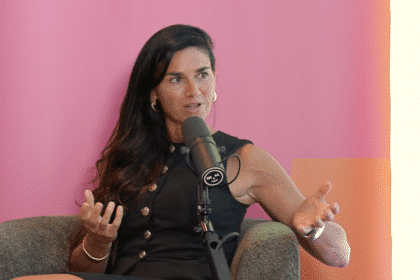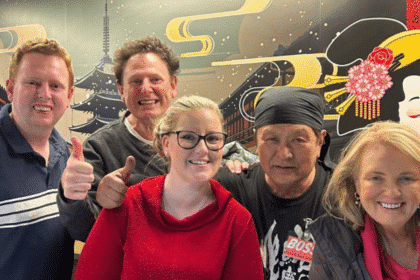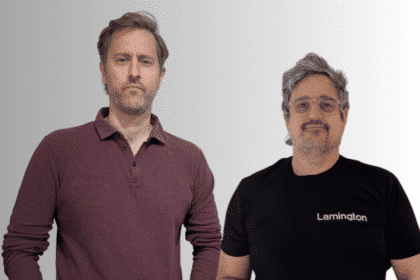Has there ever been a more challenging time for digital marketers?
Even for an industry used to running on constant disruption, the last 12 months have been unusually disruptive. Brands are now faced with a brave new world where out of home placements don’t receive the same foot-traffic, digital transformation is the norm, and the line between marketing and politics gets fuzzier by the day. Changes to the industry and how we do business, has meant universities like RMIT Online have introduced short online courses in areas like e-commerce and social media marketing to rapidly get people up to speed. Here are four trends shaping digital marketing right now.
Responsibility vs censorship
With ex-President Donald Trump permanently banned from Twitter, the old argument between responsible free speech and internet censorship has resurfaced, with brands eventually forced to choose a side. Do you stand for responsible marketing? Is it right to de-platform brands who violate social media policies? Facebook, Twitter and YouTube have all made algorithmic changes and taken a more hands-on role in curating (and cancelling) online content. If marketers want to drive social engagement, they’ll need to play by the rules.
COVID-friendly campaigns
In some ways, COVID-19 has been a dream scenario for digital marketing. Australian e-commerce spending is seeing 29 per cent month-on-month growth. By August 2020, download rates had almost doubled the pre-COVID baseline. But with this, the digital space has become increasingly competitive and brands need creative solutions to stand-out. Melbourne-based agency Thinkerbell, for example, has used QR codes to gamify outdoor display ads for Swedish shopping app Klarna. Adobe’s Michael Stoddart sums it up nicely: “The belief that ‘technology is great, but it’s too hard to make the change’ is gone, because we were forced to make the change very rapidly.” Creative campaigns and developing a strong brand proposition has never been more important in a crowded online market. It’s played a large role in industry leaders like Thinkerbell, THE ICONIC, Vegemite and Koala partnering with RMIT Online to launch a Brand Experience short course to revitalise and spark creativity in the marketing industry.
Virtual events
First born out of necessity, virtual event marketing is set to become the new norm, if for no other reason than it offers a significant boost in ROI: brands can now access lower overhead costs, a bigger potential audience, no visa issues or travel restrictions etc. The challenge for marketers will be making virtual events as engaging and creative as their in-person counterparts—a challenge which is, arguably, still a work in progress. Still, the early data is positive. Eighty per cent of consumers find virtual events as good, if not better, than face-to-face ones.
Personal commerce
Marketers have become so good at collecting personal consumer data that it’s actually raised consumer expectations. People don’t just want personalisation anymore, they want data-driven predictions. Sherene Hilal from Bluecore calls this the age of ‘Personal Commerce’, where “consumers co-curate their experiences with brands to reflect their preferences at any given moment.” Brands will have to know their customers as well as they know themselves, offering targeted recommendations and predicting behaviour at certain points in the buying cycle.
Want to learn more about digital marketing trends? Check out RMIT Online’s suite of 6-8 week courses built with industry leaders like Thinkerbell, Isobar, Adobe, Tableau and more.








